You want to help gymnasts achieve their goals by helping them gain agility, explosive power, and strength with gymnastics coaching. That’s awesome. The best way to be the go-to person in your gymnastics club is to learn the fundamental principles of coaching gymnastics.
It can be daunting to know where to begin. What are the best and safest flexibility methods? What strength and conditioning exercises can make gymnasts stronger? Do gymnasts need to lift weights? If so, where should I begin? What are the best pre-hab and injury prevention strategies? How can you create a culture that is fun and high-performing, where athletes are motivated?
I will help you get through the confusion. You’ll learn science-based flexibility and strength techniques. They will also benefit from skyrocketing training to increase performance and happiness in your daily life.
Essentials for Gymnastics coaching will take you through the essential principles I use to help thousands of gymnasts improve their flexibility, strength, injury prevention, and performance. Learn what I teach coaches and clubs all over the globe about culture development.
You’ll feel prepared to assist gymnasts quickly with 5 modules of high-quality videos that aren’t too lengthy and some real-life practice examples.
Get going! Gymnasts are eager for your assistance and expertise.
Life as a Gymnastics Coach
It might help if you are a parent or a retired gymnast who wants to coach. One of the most rewarding jobs in gymnastics coaching is perhaps.
A coach can be likened to a second parent for a gymnast. No matter your age, you will always value your coach and your job. As a former gymnast and coach, I’d like to share my experience with you. Here are 10 things that only coaches in gymnastics can understand.
1. The Sport of Gymnastics is More Enjoyable When You Coach It:
It is easy to love the sport of gymnastics. It can be hard at times. Gymnastics pushes you to the limit. I was raised in gymnastics and thought I knew it all.
As a coach, I have learned so much about gymnastics. No matter their level, coaching little gymnasts is difficult. Every gymnast is unique and you need to be able to coach them with different strategies.
It is amazing to learn how to coach gymnasts and to then be able to teach children that are incredible. It’s almost like turning the corner. It has taught me a lot about the sport, and it made me love it all over again.
2. It Doesn’t Mean That Coaching Will Be Easy Just Because You Are a Gymnast:
Although anyone can coach, just because you have done gymnastics does not mean that you are an exceptional coach. Coaching gymnastics is a completely different thing from coaching it.
You must love working with children of all ages to coach gymnastics. Coaching can be difficult, whether you are coaching a mom-and-tot gymnastics class or a team gymnast. It is important to be able and willing to work with a gymnast.
Every child is unique so you will need to be able to work with them all. Be careful if you’re a retired gymnast.
It’s not a good idea to pretend you know everything. No one can spot and gymnastics coaching like you. Just like the art of doing USA gymnastics, coaching is an art form and takes practice.
3 You Always Look Forward To Season…
A new season can bring a lot of hope. You’re ready for another season after a hard-fought offseason. I’m sure your daughters are, too. It’s exciting to compete.
Even though you’re not doing USA gymnastics, there is still an adrenaline rush. Your gymnast is now ready to shine. While winning is a great bonus, even if your team does not place first in the competition, your gymnast will still have a blast.
There will be mistakes, but your gymnast will learn from them and be able to improve her performance at the next competition.
4. But You Are Always Looking Forward to the Off-Season
Although competition season can be exciting, it can get tiring towards the end. It can become monotonous to do the same routines and skills day after day. Children love to compete, but they also enjoy learning new skills.
It’s exciting to coach new skills because your gymnast will grow stronger and go on to the next level. A majority of gyms compete in 8-11 meets per season, which can be exhausting.
It’s a lot to travel and lots of pressure. While it is always fun to compete, the pressure ends once the season is over and the next challenge begins.
5. You Accidentally Became An Athletic Trainer While Coaching Gymnastics:
You are well-known for inflicting injuries on your girls, whether you’re a gymnastics coach or a gymnast. You will probably have an idea of what to do if one of your girls is hurt. You can also decide how severe an injury is because you have been a gymnast.
Children aren’t able to understand pain, so even the smallest injury can seem like the end. Some kids will hide their pain to continue playing. Knowing how to tell when your gymnast is hurt is important.
You also need to learn how to care for injuries. Everybody has to deal with injuries and physical therapy. Being able to use these skills for your gymnast can help you practice and even prevent future injuries.
6. You Are Always Thinking (or dreaming) About Ways To Help Your Gymnast Improve:
As a coach, you will be the one who guides your gymnasts through their entire competitive gymnastics career. As with any sport, you want your gymnasts’ skills to improve. Gymnastics is all about perfection and you’ll see the finer points when you attend a meet.
You can find a lot of videos online that will show you how to do a skill. To help their gymnasts improve, gymnastics coaches will spend hours brainstorming new ideas.
Even though you are at the gym most days, it is possible to dream of coaching your gymnasts. A good coach will always want the best for their gymnasts, no matter what.
7. It is Essential To Have Your Own Personal Meet Bag
Gymnastics is a sport that involves a lot of warm-ups and leos. You would think that these things wouldn’t be necessary once you have retired from gymnastics or martial arts.
But it’s wrong! It is important to bring your own competition bag as a gymnastics coach to meet. Why? It’s because no matter how many times you remind your athletes to bring or do something they will forget. My meet bag contains hair spray, hair spray, tape, tape, tape, snacks, and bandaids.
Sometimes, girls may need assistance with their hair or tape. It’s always a good idea to be ready for any eventuality.
8. It is More Nerve-Wracking To Watch Them Compete Than When You Compete:
Competing on a beam 4 feet wide can be nerve-wracking. It can be even more nerve-wracking to watch your gymnast perform it. You want your gymnast to be successful as a gymnastics coach. Because they have done their best, you want them to smile after a routine. It can be very heartbreaking to see your gymnast cry or fall.
My experience with coaching and watching my gymnast compete is more nerve-racking than any competitions I have ever participated in. All of the nerves will be worth it when they see the smiles on their faces after a successful competition.
9. Normal Clothes:
Your closet will be full of athletic clothing as a coach. It takes a lot to spot. To make it easier for gymnastics coaches to spot, they will need to be wearing tighter athletic clothes.
It can be difficult for a gymnastics coach to see a gymnast if he is wearing loose clothing. Don’t forget the chalk. Even if your event is not near gymnastics bars, uneven rings, or parallel bars, chalk will still be on your clothes.
While most jobs require business casual attire, coaching requires clothes that can be used to spot any gymnast at any time.
10. Realizing That You are Essentially a Second Parent:
The most rewarding aspect of being a gymnastics coach? Being close to your gymnasts. You will often see your gymnasts more than their parents. Competitive gymnasts spend a lot of time in the gym. It’s almost like being a second mother to your gymnasts.
You will be admired by them and they will love you unconditionally. You are not just teaching children how to gymnastics coach, but also valuable life lessons that will be carried with them for the rest of their lives.
You should consider coaching gymnastics. It’s a rewarding experience and you’ll never forget making a difference in a child’s life.
If you have any other suggestions, please let us know. Feel free to leave a comment below with your thoughts!
F.A.Q.
What qualifications do you need to be a gymnastics coach?
To be a coach in gymnastics, you will need at least a level one gymnastics qualification. British Gymnastics offers this qualification, as well as many other qualifications. You can take courses in all aspects of gymnastics, including freestyle, rhythmic and artistic, as well as trampolining.
What age can you coach gymnastics?
Coaching (Aged between 11-17) This course provides an overview of the role of a coach. This course will teach you the roles and responsibilities that coaches have, as well as the technicalities of gymnastics. It also teaches you how to be a coach and what it takes to help your athletes.
How many coaching levels are there in gymnastics?
The FIG Academy Programme is made up of There are three levels of Education of for coaches. Federations can enter at a level that is reflective of their Gymnastics coaching programs at home or their international success in competition.


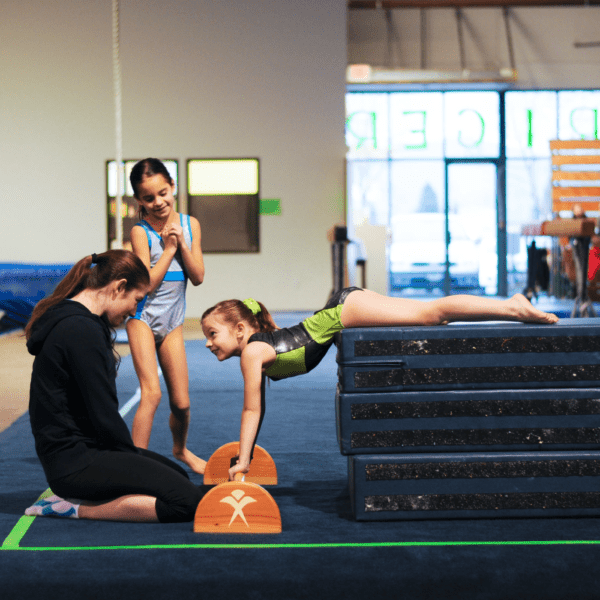
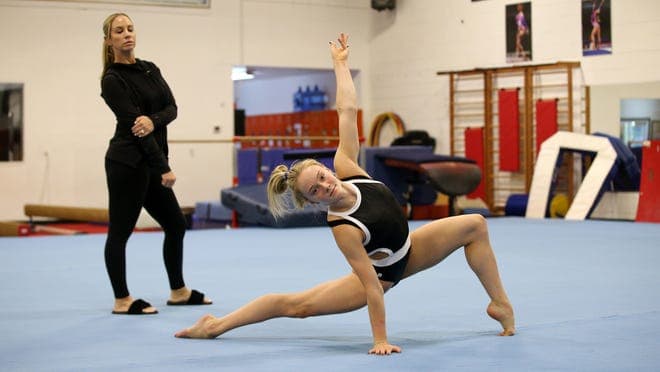
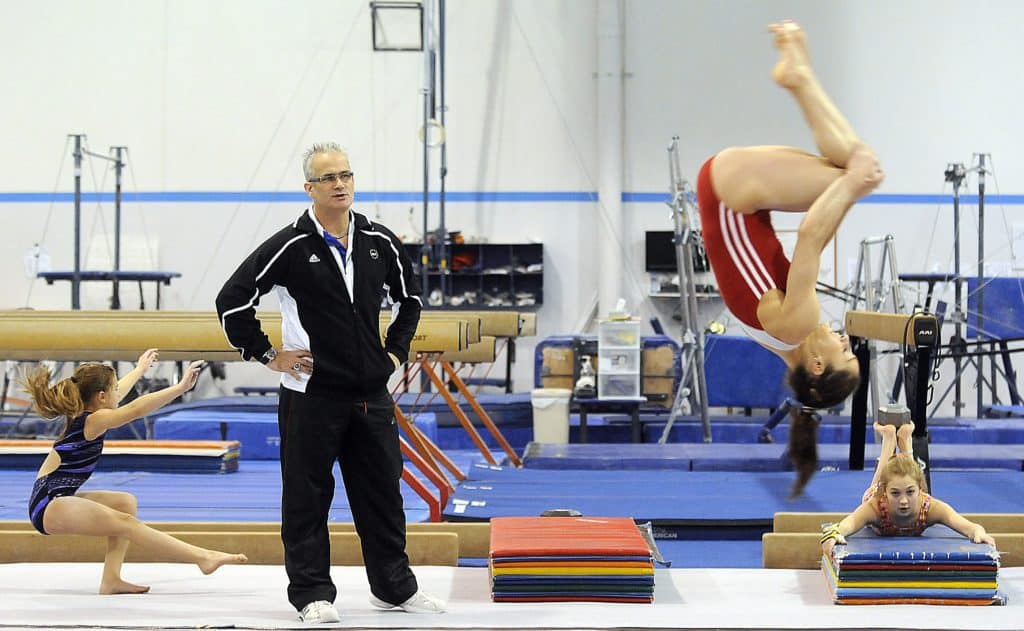
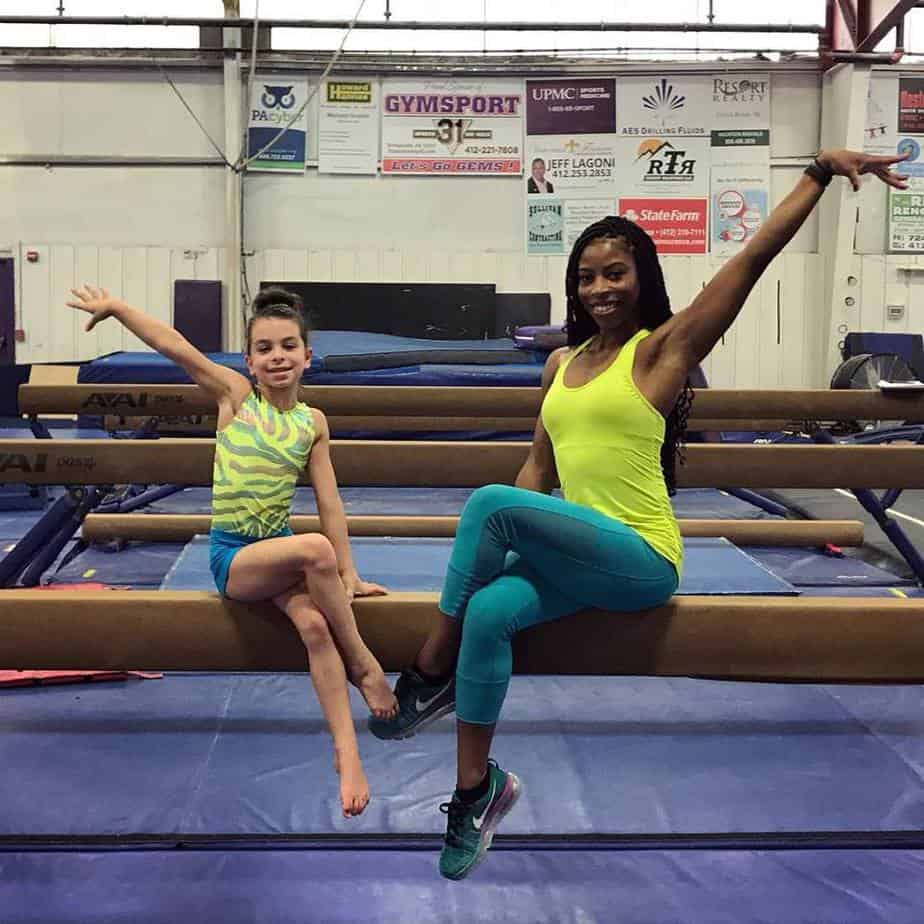
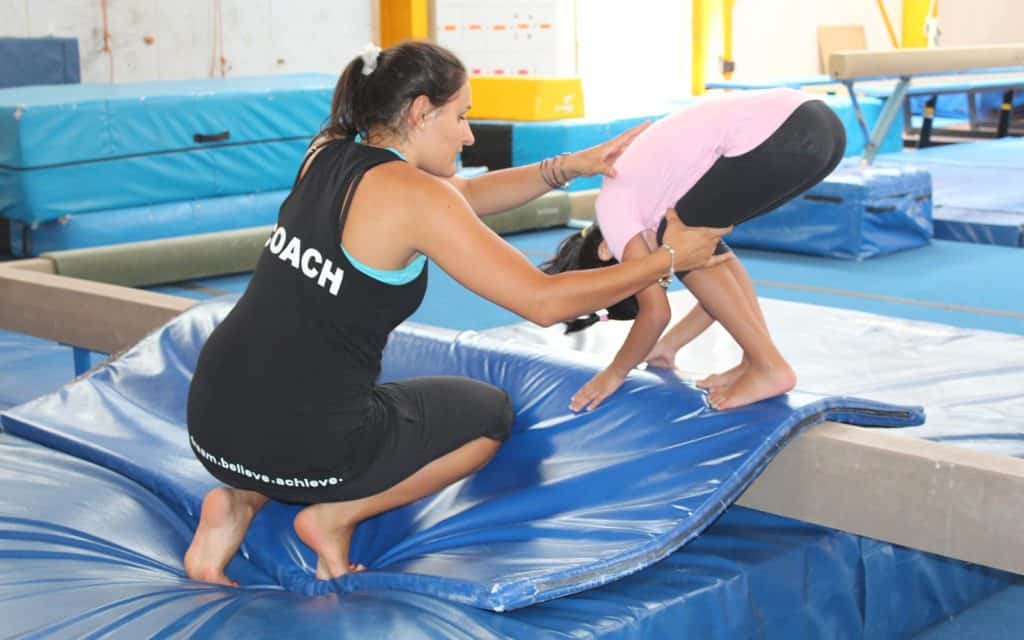
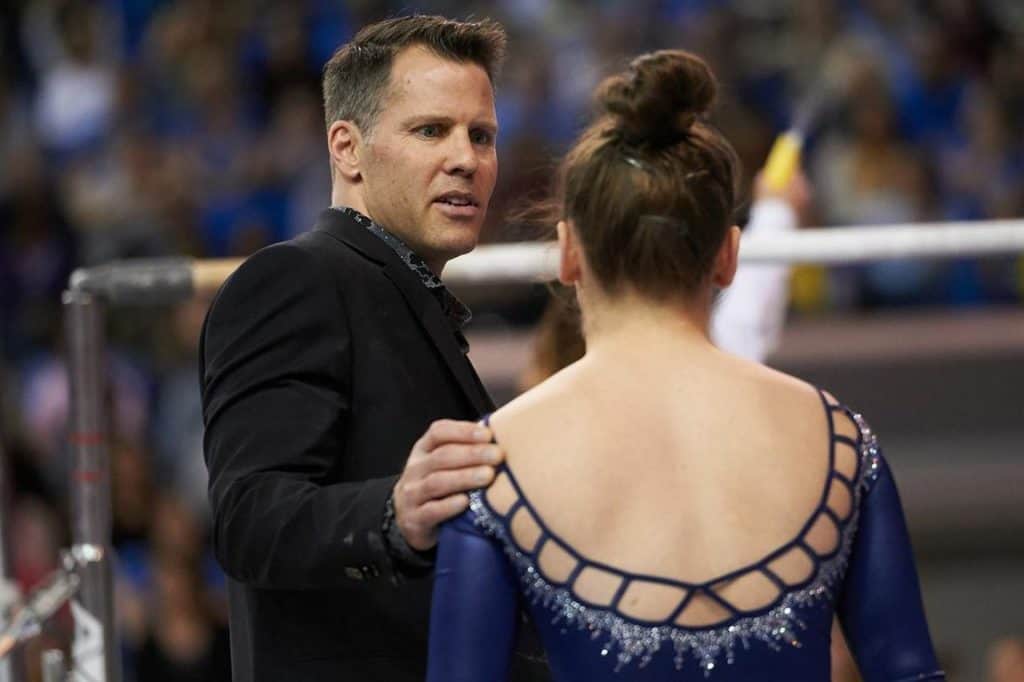
1 thought on “Gymnastics Coaching – All What Coaches Can Understand”
Comments are closed.